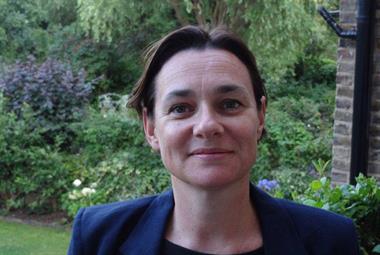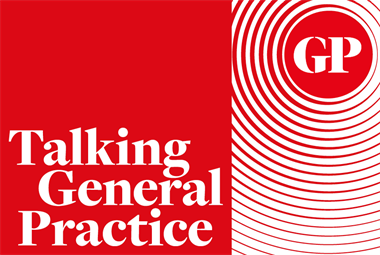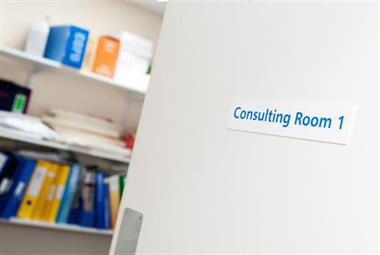The COVID-19 pandemic has had a significant impact on health and social care affecting how care is delivered. It has exposed and intensified many inequalities faced both by people who use services and people who provide care.
A new project, funded through the Department for Business, Energy and Industrial Strategy's (BEIS) Regulators’ Pioneer Fund, is aiming to support general practices to tackle health inequalities, particularly in deprived areas.
The Yorkshire & Humber Academic Health Science Network (AHSN) will work closely with the CQC to look at best practice and innovative solutions that have a real impact on inequalities in access, experience and outcomes in areas of high deprivation across the country.
Innovation is essential
The challenges posed by the pandemic have highlighted that innovation is essential to good, responsive healthcare centred around the needs of the people who use the services.
The project aims to support the spread and adoption of innovative ways of working in practices in deprived communities and to develop a national toolkit for systems and practices to help address inequalities in their area.
It will also aim to help practices evidence any new ways of working or initiatives they have undertaken in the CQC’s regulatory approach. Currently, evidencing innovative practice can be difficult for practices unless the project had a direct effect on achieving a healthcare target.
Consequently, already under-resourced GP practices may remain in a cycle of inequality, unable to recruit and retain staff, and may also encounter difficulties with funding. The learnings gathered by working with GPs to better understand the environment that makes new ways of working possible will help inform CQC’s regulatory approach and recognise the positive impact they have.
The aim is to support GPs and their teams to innovate and develop new services, as well as providing access to resources and good practice examples and helping practices to better document their impact.
How practices can help
The Yorkshire & Humber AHSN would like to hear from practices across England who:
- can share examples of best practice/innovative solutions to tackle health inequalities in deprived areas
- would like to be part of a roundtable event to help evaluate a selection of case studies to help inform the national toolkit.
If you would like more information and to email any case studies/examples of best practice please email Ash Alom, programme lead at Yorkshire & Humber AHSN, at ash.alom@yhahsn.com











